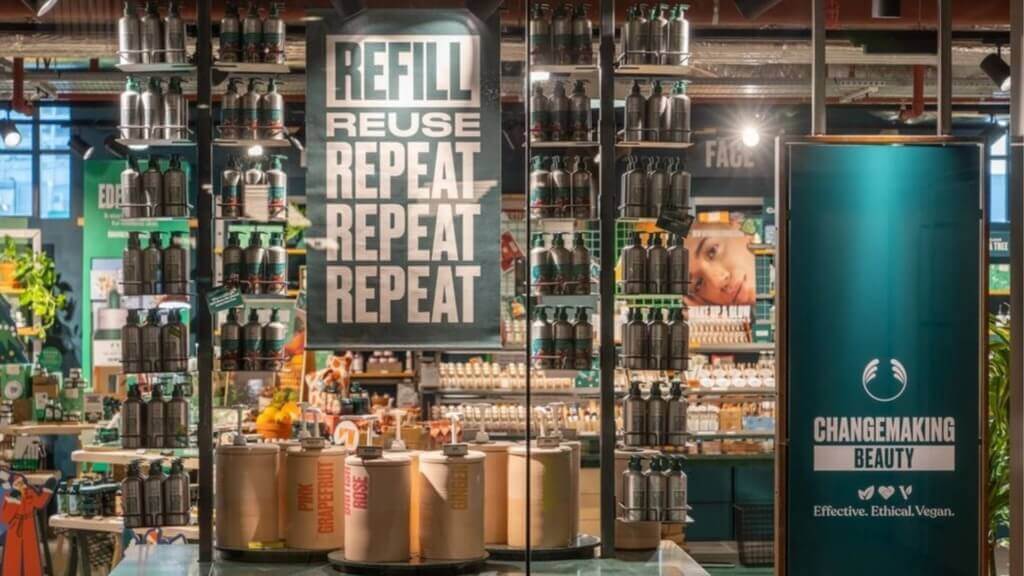You might already know that sustainability is more than just a buzzword; it’s a responsibility we all share. You might have yet to consider how this global issue can serve as a unique selling point for your business. Indeed, 73% of millennials are willing to pay more for products from companies focused on sustainability. So, what’s stopping you? Adopting eco-friendly practices is not just an ethical choice; it’s a strategic one that can attract a broader, more committed customer base.
Beyond millennials, the demand for sustainable products and services is rising across all consumer groups. Many actively seek eco-friendly options, with climate change and environmental degradation becoming more pressing daily. By positioning your business as a green company, you can tap into this growing consumer base, which is vast and willing to engage more deeply with your brand.
However, it’s crucial to note that this isn’t just a marketing tactic to drive short-term sales. Adopting and promoting sustainability can build your brand equity and ensure long-term growth. It also allows you to command higher prices, as many consumers are willing to pay a premium for products and services that align with their values. This gives you an opportunity to increase your profit margins while also contributing positively to the environment.
Green marketing isn’t a one-industry wonder
Green marketing only works wonders in certain industries like hospitality, where solar panels and water-saving fixtures are an instant hit. However, the green wave has swept across various sectors, making it a universal selling point. From technology to retail to manufacturing, every industry has an opportunity to turn eco-friendly actions into compelling marketing narratives.
In your industry, green could mean something completely different. If you’re in tech, it’s developing software that optimises energy usage. If you’re in the restaurant business, it’s all about farm-to-table sourcing to reduce carbon emissions. The point is, whatever your field, consumers are increasingly looking for an eco-conscious version of your product or service. You don’t need to reinvent your business, but find your shade of green.
You might worry that implementing eco-friendly practices could be a massive undertaking, suitable only for big corporations with deep pockets. But here’s the good news: green marketing is scalable. Whether you’re a startup aiming for zero waste or a large enterprise investing in renewable energy, every bit counts. These green changes aren’t just for show; they could cut down your operational costs and draw in a dedicated consumer base willing to support sustainable brands.
Success stories: How Patagonia and The Body Shop won hearts and wallets
Think of Patagonia, the outdoor clothing brand that has made sustainability its core selling proposition. They haven’t just jumped on the green bandwagon; they’ve practically become the driver. By encouraging repair and reuse of their clothing, they’re saving the planet and cultivating a customer base that aligns with their values and is willing to put their money where their mouth is.

The Body Shop is another brand that has green woven into its DNA. They don’t just use natural ingredients; they also engage in environmental campaigns that matter. Their comprehensive green strategy creates an image of authenticity and commitment that sets them apart in an overly saturated market. When you buy from The Body Shop, you’re not just investing in a product; you’re investing in a set of values.
Both these brands offer something invaluable: a lifestyle their customers want to be part of. By linking their products to sustainable practices, they’re forming a bond with their consumers that goes beyond a simple transaction. This is not just about customer acquisition; it’s about customer retention. Green marketing has given them a distinct edge, making their consumers more loyal and engaged, all while contributing to a more sustainable future.
Navigating the roadmap for successful green marketing
As you embark on your green marketing adventure, remember that sincerity wins the day. It’s tempting to make grand claims about your sustainability efforts, but greenwashing could boomerang, damaging your brand and eroding consumer trust. If you say your products are eco-friendly, they’d better be just that. Authenticity isn’t a buzzword here; it’s the cornerstone of green marketing success. Consumers are more likely to support your brand over the long haul when they detect genuine commitment.
Starting small can also be a game-changer. While launching a comprehensive sustainability strategy might seem daunting, taking baby steps is perfectly fine. Opt for easy-to-implement changes like swapping to recycled packaging or decreasing energy usage in your facilities. These might seem like minor shifts, but they often have an outsized impact and can be your stepping stones to more ambitious projects that align seamlessly with your business goals.
But don’t just pat yourself on the back and call it a day; make sure you share your journey openly. Use all the marketing channels at your disposal, particularly social media, to tell the story of your green initiatives. Transparency isn’t just an ethical choice; it’s also innovative marketing. By inviting your customers to participate in your sustainability journey, you’re offering more than just a product or service. You’re selling a sustainable lifestyle that benefits everyone, planet included.





